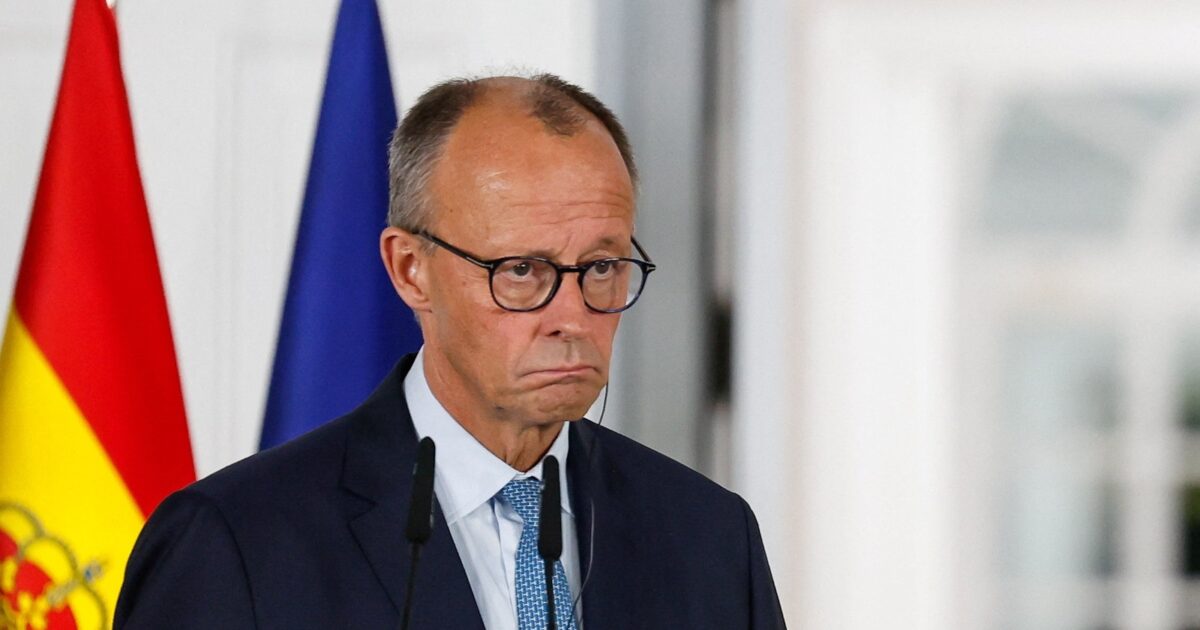The creation of a pan-European stock market proposed by German Chancellor Friedrich Merz, with the aim of acting as a common market for trading shares across the European Union (EU).
The fragmented landscape of European capital markets has long been seen as a barrier to growth and innovation in the 27-nation EU, where investment lags significantly behind the US and China. The region currently has dozens of primary exchanges, from the partially state-owned Warsaw Stock Exchange to SIX Group AG’s BME in Spain, according to Bloomberg.
Previous efforts to link European markets more closely have not been successful. Mertz’s proposal, however, represents perhaps the most support to date for the creation of a “European stock market”, although it will face significant political and technical hurdles.
Why does Europe need a single stock exchange?
Europe is struggling to compete with the US and Asia in the fastest growing industries such as artificial intelligence. European companies, especially in the technology sector, face difficulties in accessing finance compared to their international competitors.
Mertz emphasizes that companies need “a broad and deep European capital market so that they can be financed better and faster”. In recent years, many European companies, such as Sweden’s Klarna, have been listing their shares in the US, due to higher liquidity and better valuations. The premium for US stocks over European stocks exceeds 50%, which limits the ability of European companies to raise capital.
A common European stock exchange could limit this exodus by offering greater liquidity and easier access to investors. At the same time, it could put the London Stock Exchange, which today remains the largest European market by capitalization, under competitive pressure.
Stock market mergers – Mertz’s proposal
Mertz did not elaborate, but the proposal could mean a merger of major European exchanges such as Deutsche Boerse (Frankfurt) and Euronext (Paris). Approval of such mergers requires the approval of shareholders and regulators, which have historically been reluctant to reject mergers deemed monopolistic.
Exchange reactions are mixed: Euronext supports the idea, highlighting the benefits of a single liquidity pool and technology platform, while Deutsche Boerse focuses on improving market regulation and transparency. Despite mergers, a lack of investor demand and a plethora of national tax regimes remain significant obstacles.
Benefits for the EU economy
A more integrated stock market could channel some of Europeans’ huge savings into higher-yielding investments, supporting growth, innovation and tackling challenges such as climate change and technological transitions. According to a report by Mario Draghi, the EU needs up to €800 billion in additional annual investment to meet these challenges.
EU policy initiatives
The EU has been working for a decade on the ‘Capital Markets Union’, aimed at facilitating the flow of money between member states. New initiatives include strengthening citizens’ financial literacy, making investment accounts simpler and more accessible, and the EU Listing Law, which aims to harmonize regulations for listed companies.
The integration of capital markets remains a complex undertaking, but it is a crucial step in strengthening Europe’s competitiveness and economic independence.
